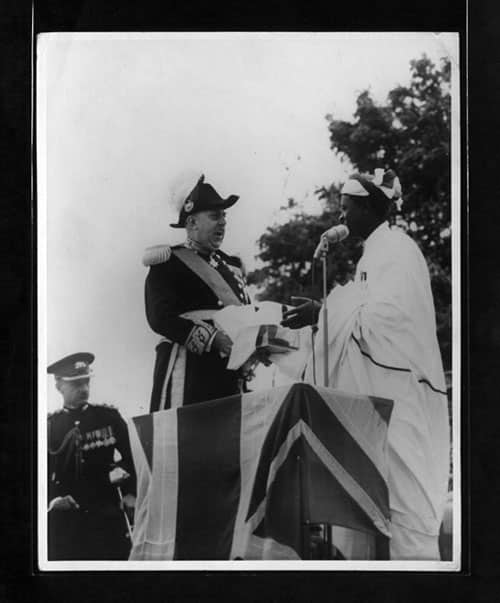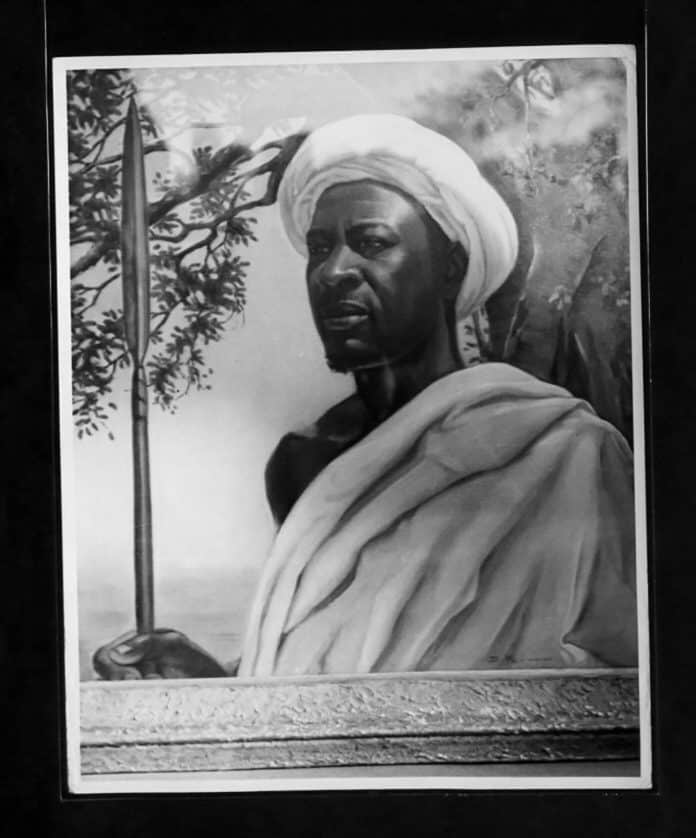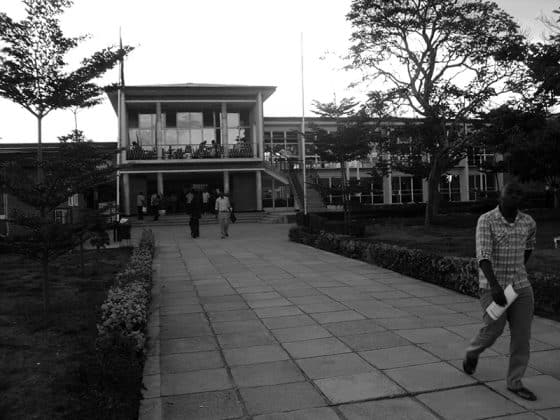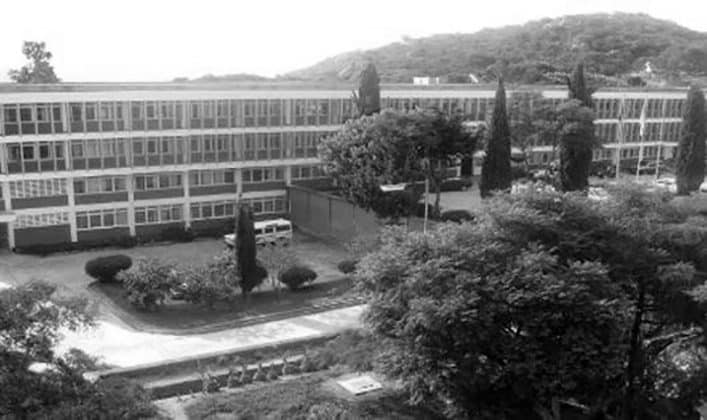Chief Mkwawa – Life, Disposition of His Skull and More
Chief Mkwavinyika Mwamuyinga Munyigumba (1855 – July 19, 1898), also known as Sultan Mkwawa or Chief Mkwawa, was a Hehe tribal chieftain in Germany’s East Africa who fought German colonialism in the Kalenga in Iringa region (today primarily the mainland section of Tanzania). Mkwawa originates from Mukwava, which is a shorter version of Mukwavinyika, which means “the conqueror of several countries.” He was given the moniker Ndesalasi as a youngster, which means “troublemaker.” In his adulthood, he was referred to as “a leader who controls the forests, and is aggressive to other men while polite to women, is unbeatable and unpredictable, and whose power is so great that he can only be taken away by death.”
Mkwawa was Sultan Munyigumba’s son (Sultan Mkwawa). His birthplace was Luhota. His father passed away in 1879 and he became the tribe‘s “Chief” thereafter. (In reality, he was a Sultan or Muslim ruler.)
Mkwawa Resistance Against the Germans and the Aftermath
Emil von Zelewski, the German commissioner, commanded a battalion (320 askaris together with commanders and porters) to quell the Hehe in July 1891. On August 17, they were ambushed at Lugalo by Mkwawa’s 3,000-men army, which rapidly overwhelmed the German army and executed Zelewski despite only having spears and a few weapons. Mkwawa water (a superstitious water that was supposed to protect the warriors against Germans bullets) played a big role in motivating the Hehe warriors to fight against the Germany soldiers.

The Germans invaded Mkwawa’s fort at Kalenga on October 28 of 1894, under the command of Colonel Friedrich Freiherr von Schele, the new commander. Despite the fact that they conquered the fort, Mkwawa somehow managed to flee. Following that, Mkwawa waged guerilla warfare against the Germans till he was cornered on 19th July of 1898, and shot himself to escape capture. Mkwawa committed suicide near the Mlambalasi Rock Shelter. Mkwawa is thought to have utilized the Mlambalasi Rock Shelter as a hideaway in the past. Mkwawa was buried close to the rock shelter.
Mkwawa’s head was taken by German forces after he died. His skull (in swahili it is called “Fuvu la Mkwawa”) was taken to Berlin and was most likely housed at Bremen’s Übersee-Museum. Horace Byatt, the British Administrator of German East Africa at the time, requested to his government in 1918 that the skull be returned to Tanganyika as a prize for the Wahehe’s collaboration with the British throughout the war and as a sign assuring the natives of the end of German control. The repatriation of the skull was spelled down in the Treaty of Versailles of 1919:
ARTICLE 246. In less than six months of the Treaty’s entry into effect, Germany will send His Britannic Majesty’s Government Sultan Mkwawa’s skull, which was taken from the Protectorate of German East Africa and brought to Germany.
The transfer of the supposed skull from East Africa was challenged by the Germans, and the British authorities claimed that its location could not be determined.
After WWII, however, Sir Edward Twining, Tanganyika’s governor, resurrected the subject. He was guided to the Bremen Museum after making inquiries, where he visited in 1953. The Museum featured a collection of 2000 skulls, 84 of which came from Germany’s erstwhile East Africa. He narrowed down the candidates to those with measurements that matched those of Chief Mkwawa’s surviving family; from this group, he chose the lone skull with a bullet hole as Chief Mkwawa’s skull.
On July 9, 1954, the skull was ultimately returned, and it currently rests in the Mkwawa Memorial Museum at Kalenga, near Iringa.
Today, the bloodline of Mkwawa is ending with Chief Adam Abdul ( full name is Mfwime II or Adam Abdul Adam Sapi Mkwawa) who is the late Chief Abdul Adam Sapi Mkwawa’s one and only son (the rest are females)
Other Things Related to the Late Chief Mkwawa That Still Exist or are Popular
Mkwawa University
- Mkwawa University login – https://muce.ac.tz/index.php/using-joomla/extensions/components/users-component/login-form
- Mkwawa University photos:
Chief Mkwawa Movie
For more articles about Tanganyika click here!


































